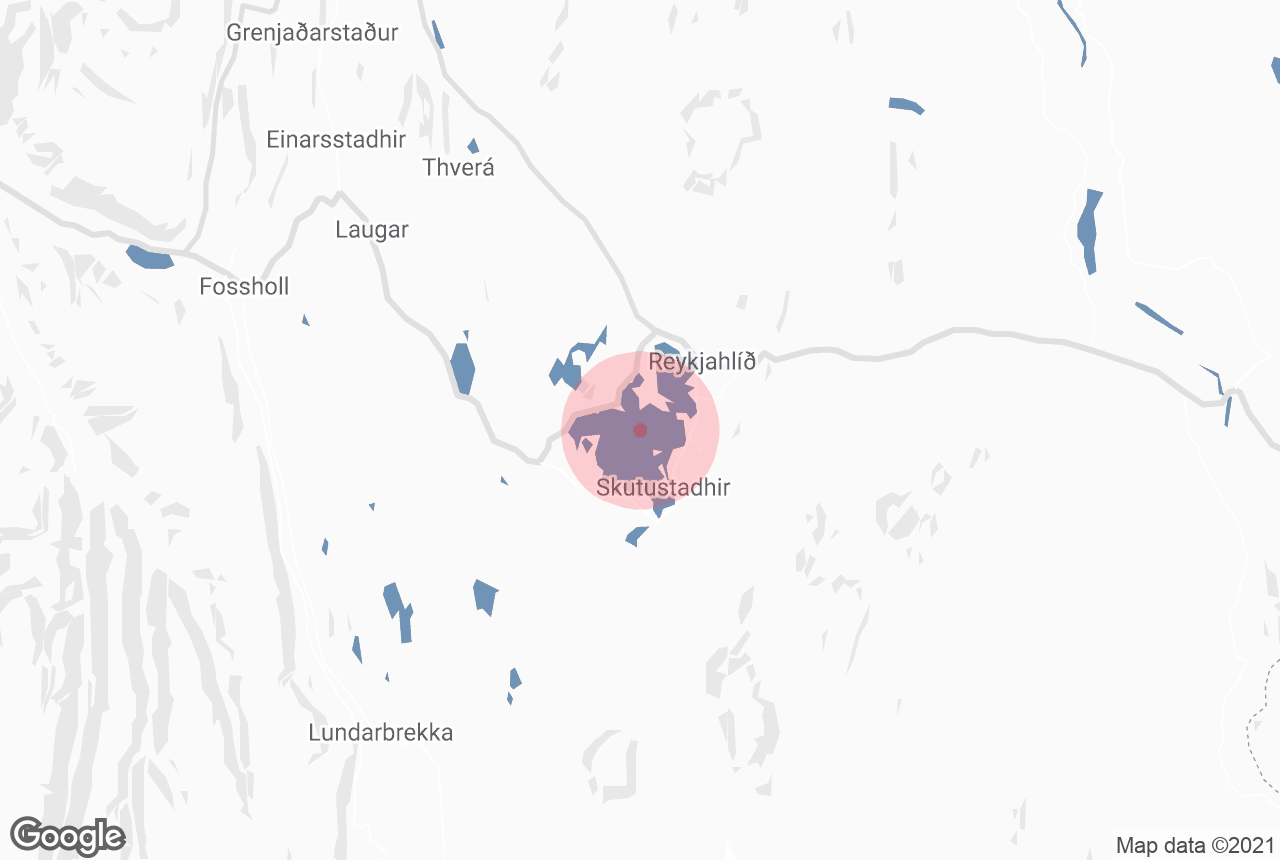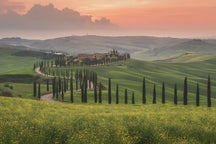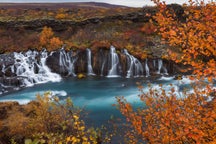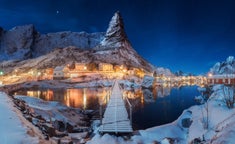Mývatn offers a unique natural environment. With large contrasts and small distances you can experience the most and the best that Iceland has to offer. Large open spaces with roads and walkways lead travellers to unworldly locations, where volcanic eruptions have played a crucial role in the formation of the landscape. Whether the plan is to enjoy the landscape, examine unique natural phenomena or take a closer look at the pant and bird life, Mývatn has it all. Furthermore the area offers a variety of services in accommodation, food and entertainment, based on years of experience and knowledge. A large number of travellers visit Mývatn in the summer, but many believe the lake and its surroundings to be no less impressive in the wintertime.
Mývatn is the 4th largest lake in Iceland, 37 km2 in area. Its shores are indented with many coves and inlets and its surface is dotted with around 50 small islets and skerries. Midges (Chironomidae) are abundant and the ubiquitous swarms of these tiny flies give the Lake its name.
The lake itself is very shallow, and the rays of the sun reach the lake bed over its entire surface. The ecology of the lake area is extremely diverse and interesting; one important characteristic of Mývatn, being the prolific growth and abundance of freshwater seaweed. On the bed of the lake are great quantities of diatoms, while, nearer the surface, Mývatn's famous arctic char weave their way between aquatic plants and little islets topped with fertile vegetation.
On and around the lake there is a teeming and varied birdlife, and Mývatn is the habitat of many kinds of lake and marsh birds. However, much of Mývatn's fame is due to the fact that, during summer, there are more different species of duck gathered on and around the lake than anywhere else in the world. Mývatn is a legally protected conservation area and appears on the register of internationally important wetlands, along with the Laxá river which flows out of the lake.









